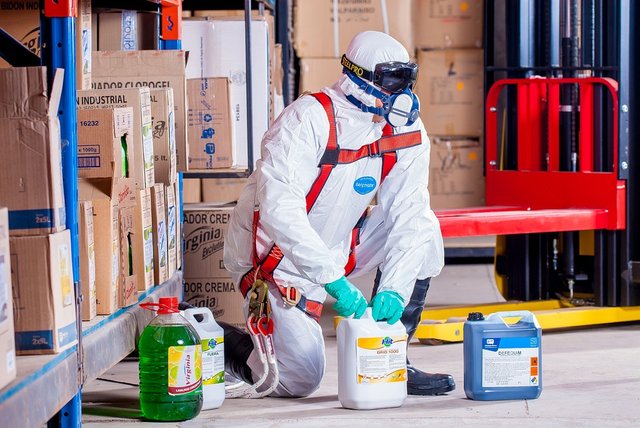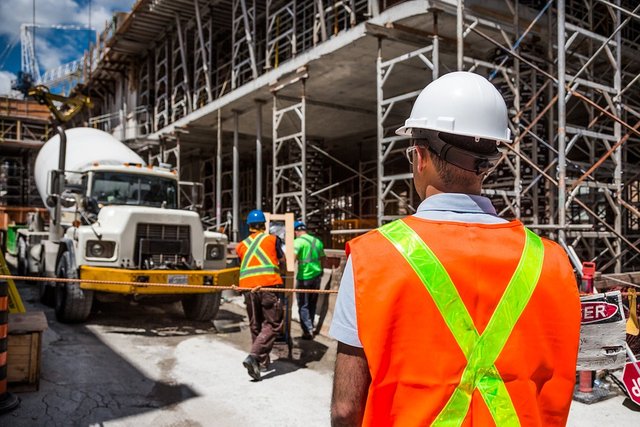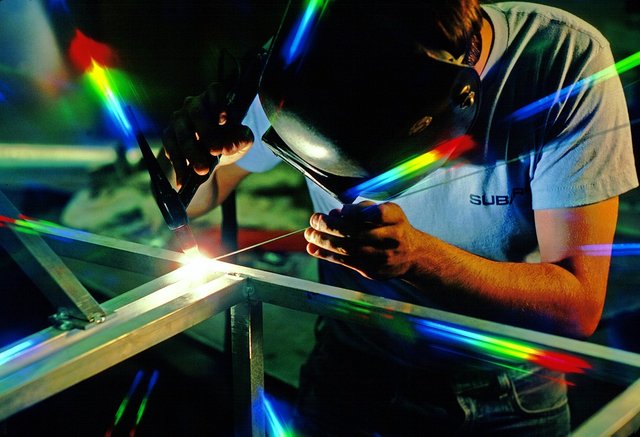What should we know about risk analysis at work?


A well-ordered company or organization, established with trained personnel and with shareholders committed to the conservation of the environment and the preservation of the human race, should definitely operate under strict industrial safety standards.
Starting from this perspective, we assure in theory, that all your activities or labor operations must be executed following in detail the outline of an analysis of risks at work (ART).
The ART can be defined as an industrial safety methodology that includes the breakdown of labor activities or operations, according to their execution procedures, considering a sequence of basic steps, which lead to the identification of the risks associated with facilities, equipment, materials and processes, that the worker executes in the performance of his functions.
What benefits are obtained when applying ART?
1.- Detects risks in work activities: By breaking down the activities or operations, the risks associated with it can be determined, allowing the preventive measure to be assigned.
2.- Procedural, operative and maintenance activities: it allows, in many of the cases, to locate faults in the execution of the activities, which can then be amended and procedural.
3.- Improve and optimize working methods: in opportunities, by routines, we do not realize obsolete or low performance methods of work, and that when applying ART, we find better options, low risks and high yields.
4.- Promote high training in these strategies: the staff is enthusiastic about security, which allows the inclusion of training programs, with a highly committed participant willing to defend the topic.
5.- Create a culture based on prevention: by involving staff and internalizing the topic of industrial safety in our company, we guarantee the continuity and permanence of the subject, under a culture slogan.
6.- Contribute to safe individual and collective processes: it helps the growth of team work, based on the care and preservation of the members, ensuring the processes in the activities, both individually and collectively.
7.- It is possible to detect unsafe acts and conditions: in less technical terms, an unsafe act is the violation of a rule, procedure or policy established in the company, by an individual or the entire work team, in terms of safety (It is related to the behavior). While an unsafe condition is directed to the use or use of a physical element, which has defects or is identified as out of use, due to failures or obsolescence.
8.- It facilitates the investigation of accidents: as the ART are methodology, coming from standards and industrial safety programs, their records can be used as acknowledgment and validation documents, in legal matters in an accident investigation, either by internal personnel or external to the company, duly authorized.



What elements or activities are considered in the application of the ART?
1.- Direct Observation (See-Annotate-Evaluate Sequence): it should be applied in that order, see, observe in detail how the work activities are executed, and then, write down, write without forgetting details, since it is intended to capture in a written the sequential steps carried out in the operation, which will allow to assess the situation that is broken down in each of the tasks performed by the worker, individually or by team.
2.- Team Discussion (Meeting - Discussion of Steps): as it is a common benefit, both for the staff and for the company, decisions and unanimous agreements must be obtained, that is, consensus in a team meeting. , where everyone participates.
3.- Memorization and Validation (Meeting - Practice of Strategies): it is useful to do the whole study and involve the staff and not be carried out, for this reason and in order to achieve the objectives, the ART designed it must be evaluated in the field, in a very strategic way, observing the development of the activities, without additional stress and taking note of any deviations that may arise.



Now, once the elaboration of this methodology has been decided,
Who carries out the ART?
As it has been expressed in this writing, the ART is an industrial safety methodology that pursues the benefit for all members of the company, so it is obvious to assign this task to a team that is detailed below:
1.- The Worker
2.- Activity Supervisor
3.- Security Advisers
4.- Facilitators with experience in A.R.T., internal or external



On what Criteria should the company be based to apply an ART?
1.- Accident frequency recorded in the company's indicators.
2.- Proliferation of disabling injuries, an indicator of high discharge rates. Data that must be taken very seriously in making decisions
3.- Criticity, possibility of analyzing the social environment, external reality, to make judgments about them and to contribute to their transformation and improvement.
4.- Complexity of Activity, when a task is complicated in its execution, there are more chances of accident, then it should be considered a priority in the analysis for the elaboration of the respective ART.
5.- New jobs / Modifications, when entering new processes or activities, we must support them from the security, benefiting in the first instance the personnel and secondly to the shareholders of the company.
6.- High loss potential, in Venezuela, the indices for judicial demand in the field of industrial safety are not very high, but there are precedents due to negligence and lack of support from companies towards the safety issue; events that entail high costs, which are reflected in the financial statements of the company.
This ART methodology demands in every company, that under any circumstance it must remember:
1.- When exposing the worker in danger in an activity, he must have an ART
2.- The evaluation of the ART must be before executing the activity.
3.- ART must constantly be evaluated, corrected, adapted and updated.
4.- If the work and / or environment conditions vary during the execution of the same, the ART also changes.

I hope we continue writing and reading in the near future.
Greetings ... @ victor79
Source of image 1
Source of image 2
Source of image 3
Source of image 4
Upvote this for me please? https://steemit.com/christianity/@bible.com/verse-of-the-day-hebrews-4-16-nlt